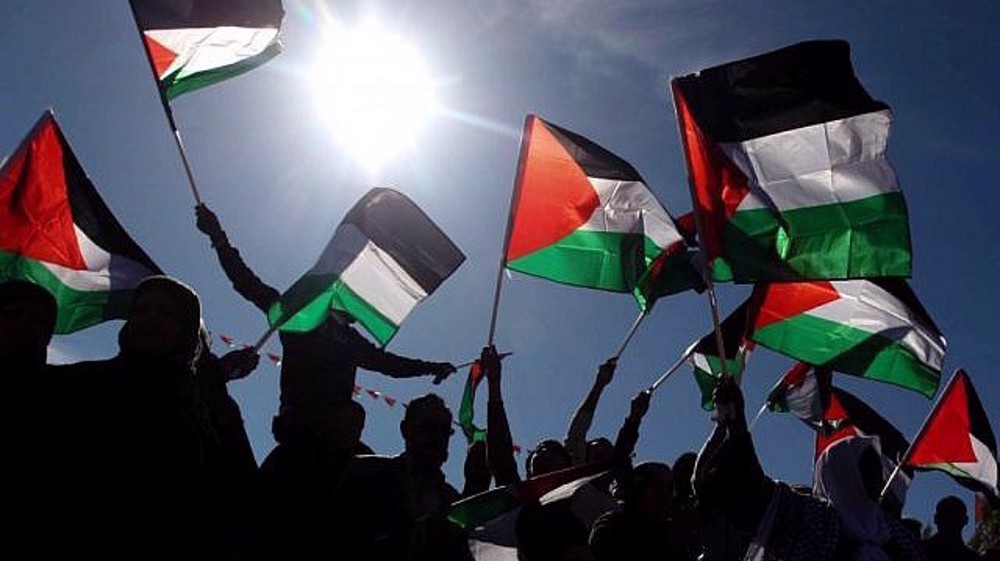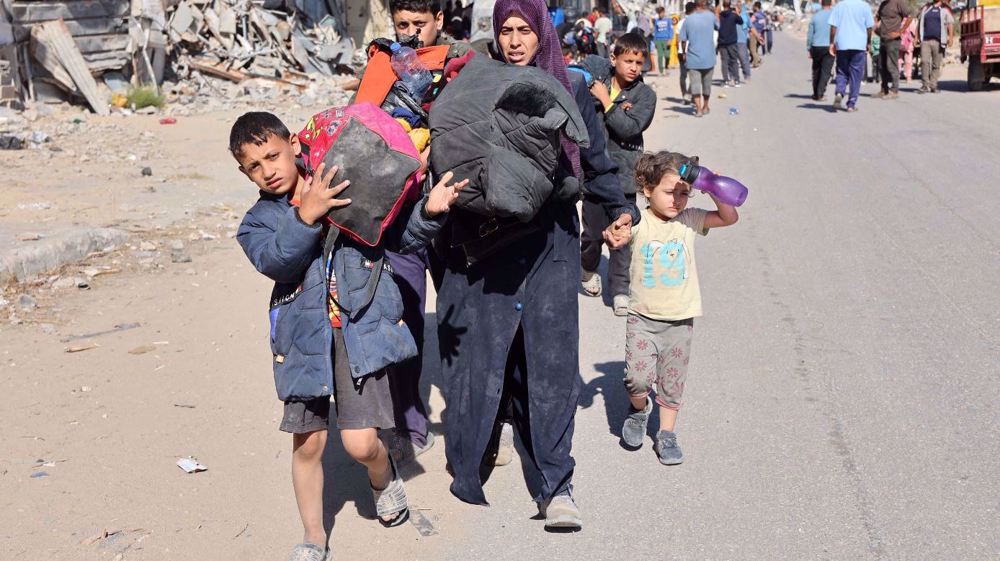Dalai Lama urges Suu Kyi to act on Rohingya plight
The Dalai Lama has urged Myanmar’s Nobel peace laureate Aung San Suu Kyi to “do something” about the atrocities perpetrated against Rohingya Muslims.
“It’s very sad. In the Burmese case I hope Aung San Suu Kyi, as a Nobel laureate, can do something,” said the exiled Tibetan spiritual leader in an interview with The Australian newspaper on Thursday.
The Dalai Lama added that he has already discussed the issue with Suu Kyi, who has been under fire by human rights activists for her silence on the issue.
"In a genocide, silence is complicity, and so it is with Aung San Suu Kyi," wrote Penny Green, a law professor at the University of London and director of the State Crime Initiative, in an op-ed for the UK-daily The Independent earlier this month, adding that she has unforgivably chosen not to challenge "the vile racism and Islamophobia which characterises Burmese political and social discourse."

“I met her two times, first in London and then the Czech Republic. I mentioned this problem and she told me she found some difficulties, that things were not simple but very complicated,” he was quoted as saying.
He, however, expressed hope that Suu Kyi would eventually find a way to end the plight of the Muslim community.
The Dalai Lama also slammed the indifference of the international community towards the brutal persecution of Myanmar’s Rohingya Muslims, urging worldwide action against the systematic abuse of the marginalized group.
"It's not sufficient to say: 'How to help these people? This is not sufficient. There's something wrong with humanity's way of thinking. Ultimately we are lacking concern for others' lives, others' well-being," he said.
'No less than genocide'
Also on Thursday, a number of Nobel Peace Prize winners called for an end to the persecution of the Rohingya Muslims, describing it as "nothing less than genocide."
The appeal came at the end of a three-day international gathering in the Norwegian capital, Oslo, where participants watched video statements from Nobel Prize winners, including South Africa's Desmond Tutu and former East Timor President Jose Ramos-Horta.
The conference was aimed at finding concrete ways to end the decades-long plight of persecuted Rohingya Muslims.

Myanmar’s Rohingya Muslims, currently living in the western Burmese state of Rakhine, have been subject to systematic repression by extremist Buddhists since the country’s independence in 1948. This is while the government of Myanmar has fallen short of protecting the rights of the marginalized group.
Rohingya Muslims were recognized by the United Nations as one of the world’s most persecuted communities.
FNR/MSM/KA/HMV
VIDEO | Jordanians calls for action against Israeli aggressions in West Asia
As polls close, Trump takes early lead against Harris
VIDEO | Iran, Pakistan vow to resist Israeli genocidal actions in Gaza
Israeli strike on Lebanon kills at least 15 people
Israeli forces kill 7 more Palestinians in West Bank
VIDEO | US presidential election
Netanyahu fires military affairs minister Gallant
Hezbollah attacks turn Israel’s Haifa into a ghost town










 This makes it easy to access the Press TV website
This makes it easy to access the Press TV website